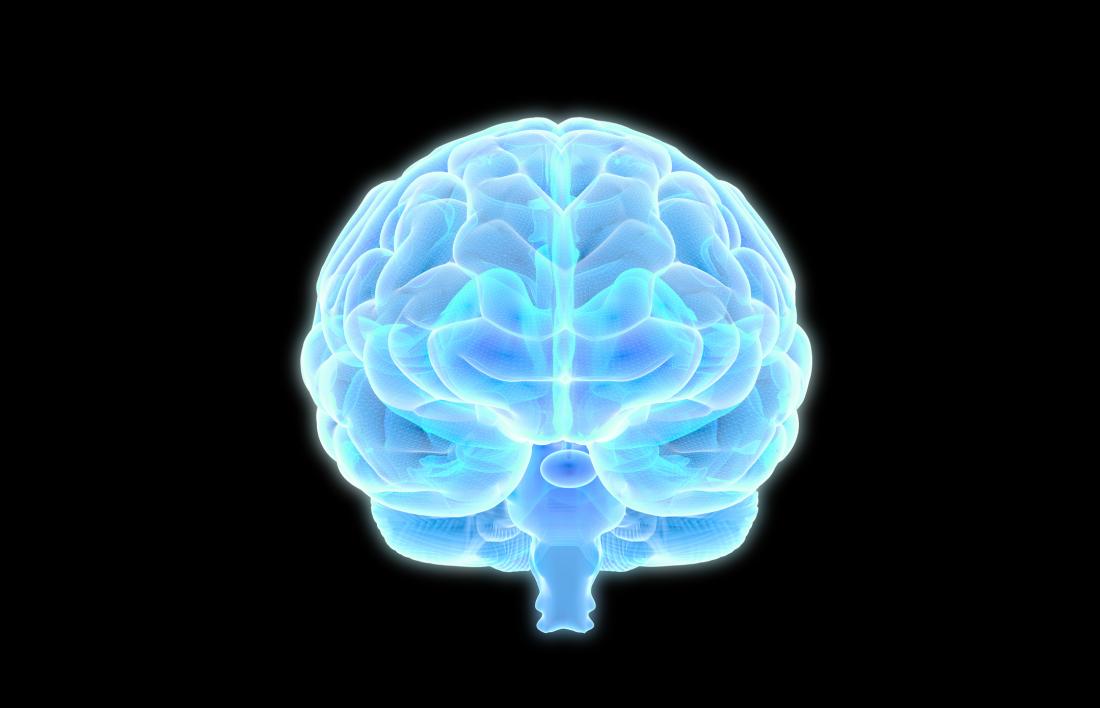Depression: Three new subtypes identified

A new study now published in the journal Scientific Reports has identified three new subtypes of depression. The findings help explain why some types of depression do not respond well to medication.
According to recent estimates, depression affects over 300 million people worldwide, and at least 16 million people in the United States.
Over 60 percent of U.S. individuals living with depression have experienced severe impairment as a result, and up to 30 percent of people living with depression do not find relief in existing treatments.
Selective serotonin reuptake inhibitors (SSRIs) are the most commonly prescribed drugs for depression. They work by boosting levels of the "happiness hormone" in the brain: serotonin.
New research may help explain why SSRIs are unable to fully tackle some types of depression. A team led by Prof. Kenji Doya, of the Neural Computation Unit at the Okinawa Institute of Science and Technology Graduate University (OIST) in Japan, has now identified three new subtypes of depression.
Mapping the brain in depression
Prof. Doya explains the motivation for the recent study, saying, "It has always been speculated that different types of depression exist, and they influence the effectiveness of the drug. But there has been no consensus."
To shed some light on this, the researchers examined the clinical data of 134 study participants, half of whom doctors had recently diagnosed with depression. Using questionnaires and blood tests, the scientists collected information about the participants' life histories, mental health, sleep patterns, and other potential causes of stress in their lives.
